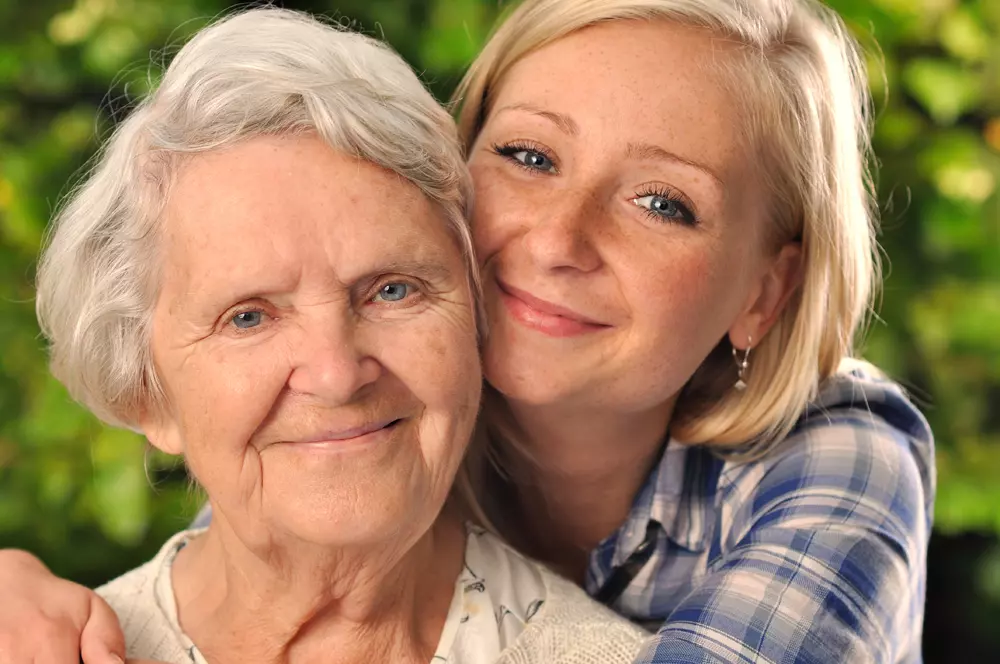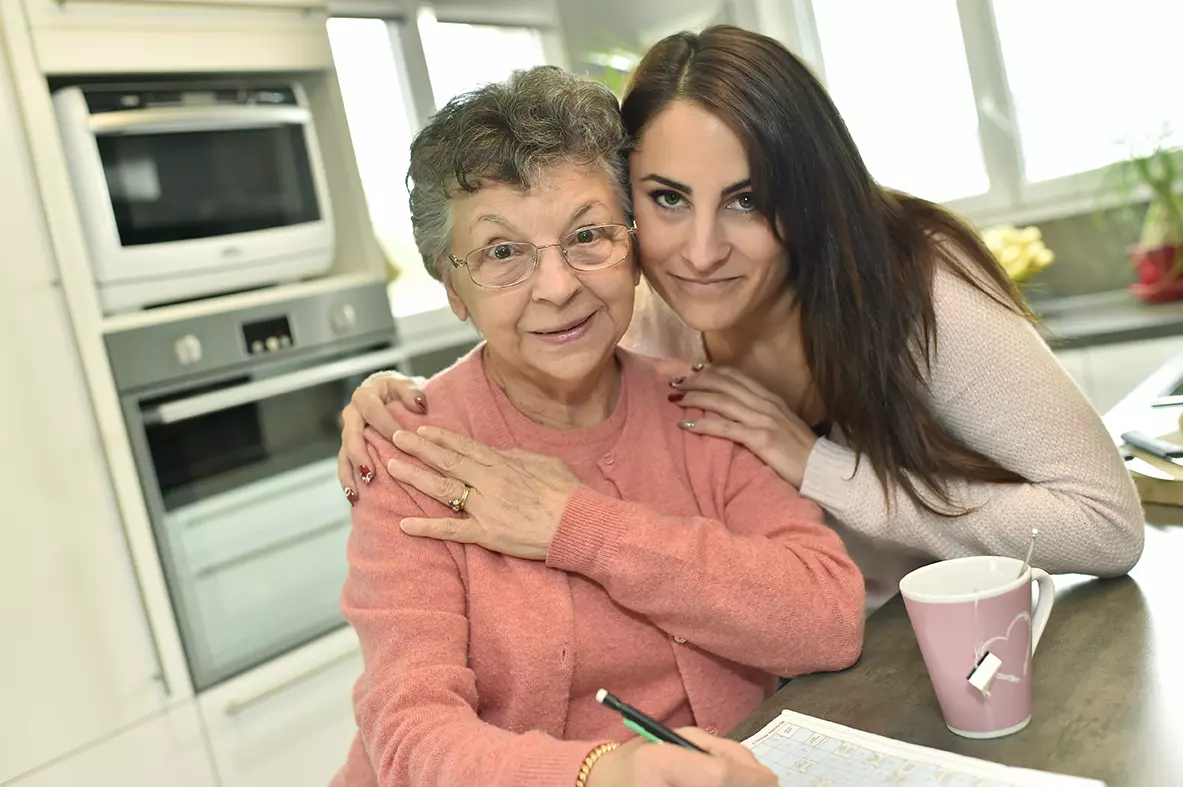
Diverticulosis and diverticulitis are two conditions that affect the colon, or large intestine, with diverticulosis involving the development of small pouches in the colon wall and diverticulitis leading to inflammation or infection of these pouches. These conditions, while related, have distinct characteristics and implications. In this article, we will explore what diverticulosis and diverticulitis are, their causes, symptoms, diagnosis, and available treatments.
Diverticulosis: The pouch development
Find YOUR ideal care home NOW!
Diverticulosis is a common condition, particularly in older adults. It occurs when small, bulging pouches, called diverticula, form in the lining of the colon. These pouches typically develop in weak spots of the colon wall, most commonly in the lower part of the large intestine.
Causes and risk factors:
The exact cause of diverticulosis is not fully understood, but several factors may contribute to its development:
-
Aging: The risk of diverticulosis increases with age, and it is more prevalent in individuals over 40.
-
Diet: A low-fiber diet can lead to constipation, which may strain the colon and contribute to diverticula formation.
-
Genetics: A family history of diverticulosis may raise an individual's risk.
-
Lifestyle: Obesity and lack of physical activity can increase the likelihood of developing diverticula.
Diverticulitis: Inflammation and infection
Diverticulitis occurs when one or more diverticula become inflamed or infected. The inflammation may result from fecal matter becoming trapped in the pouches or from other irritants in the colon.
Symptoms and diagnosis:
Diverticulosis often doesn't cause noticeable symptoms unless it progresses to diverticulitis. Common symptoms of diverticulitis may include:
- Abdominal pain, often localized on the lower left side.
-Fever and chills.
- Nausea and vomiting.
- Changes in bowel habits, such as diarrhea or constipation.
To diagnose diverticulosis and diverticulitis, healthcare providers may perform tests such as a colonoscopy, a computed tomography (CT) scan, or a barium enema. These tests can reveal the presence of diverticula and confirm the diagnosis of diverticulitis.
Treatment and management:
The management of diverticulosis and diverticulitis may involve different approaches:
- Diverticulosis: Typically, no specific treatment is required. A high-fiber diet can help prevent complications and promote regular bowel movements.
- Diverticulitis: Treatment may include antibiotics to address infection and a clear liquid diet to rest the colon. In severe cases, hospitalization and, in rare instances, surgery may be necessary.
Prevention:
Preventing diverticulosis and diverticulitis can be achieved through a high-fiber diet, regular exercise, and adequate hydration. Incorporating fiber-rich foods, such as fruits, vegetables, and whole grains, can help maintain colon health and reduce the risk of diverticula formation.
High-Fiber Foods to Prevent Diverticulosis and Diverticulitis
| Food Category | Examples | Benefits for Colon Health |
|---|---|---|
| Fruits | Apples, pears, berries, oranges | Provide fiber to promote regular bowel movements. |
| Vegetables | Broccoli, carrots, spinach, peas | Rich in fiber and essential nutrients for digestion. |
| Whole Grains | Brown rice, quinoa, whole wheat bread, oatmeal | Prevent constipation and reduce colon strain. |
| Legumes | Lentils, chickpeas, black beans | High in fiber and plant-based protein. |
| Nuts & Seeds | Chia seeds, flaxseeds, almonds | Promote gut health and add fiber to the diet. |
In conclusion, diverticulosis and diverticulitis are two related but distinct conditions that affect the colon. While diverticulosis involves the development of pouches in the colon wall, diverticulitis is characterized by the inflammation or infection of these pouches. Understanding their causes, symptoms, and preventive measures is essential for maintaining colon health and overall well-being.
Frequently Asked Questions (FAQ)
1. What is the main difference between diverticulosis and diverticulitis?
Diverticulosis refers to the formation of small pouches (diverticula) in the colon wall, which are usually harmless and symptomless. Diverticulitis occurs when these pouches become inflamed or infected, causing abdominal pain, fever, and digestive issues.
2. Is diverticulosis a serious condition?
Diverticulosis itself is not serious and often doesn't cause symptoms. However, if left unmanaged, it can lead to complications such as diverticulitis, which may require medical treatment.
3. What are the warning signs of diverticulitis?
The key symptoms of diverticulitis include sharp abdominal pain (usually on the left side), fever, nausea, vomiting, and changes in bowel movements such as constipation or diarrhea.
4. How is diverticulosis diagnosed?
Diverticulosis is often diagnosed during a routine colonoscopy, CT scan, or barium enema, as many people do not show symptoms.
5. Can diverticulitis be treated at home?
Mild cases of diverticulitis can be managed with antibiotics, a liquid diet, rest, and pain relievers. However, severe cases with complications such as abscesses or perforations may require hospitalization or surgery.
6. What foods should I eat if I have diverticulosis?
A high-fiber diet is recommended to maintain colon health. Foods like whole grains, fruits, vegetables, legumes, and nuts help prevent constipation and reduce strain on the colon.
7. What foods should I avoid with diverticulosis?
Processed foods, red meat, refined grains, and low-fiber foods should be minimized. While previous advice suggested avoiding nuts and seeds, current research shows they do not increase the risk of diverticulitis.
8. Does stress play a role in diverticulitis?
Although stress itself does not cause diverticulitis, it can contribute to digestive issues, leading to constipation or irregular bowel movements that may trigger inflammation in individuals with diverticulosis.
9. Can I prevent diverticulitis from occurring?
Yes, you can lower your risk by eating a high-fiber diet, staying hydrated, engaging in regular physical activity, and avoiding excessive red meat or processed foods.
10. When should I see a doctor for diverticulosis or diverticulitis?
Consult a doctor if you experience persistent abdominal pain, fever, blood in your stool, severe constipation, or vomiting, as these may indicate a serious infection or complications.
We are here to help you choose a care home or facility best suited to your needs. Do not hesitate to contact us on the following number: 0230 608 0055 or fill out this form.
Do you need a care home for yourself or your loved one?
Share this article :
Latest posts
You are looking for an establishment for your loved one ?
Get availability & prices
Fill in this form and receive
all the essential information
We would like to inform you of the existence of the opposition list for telephone canvassing.











